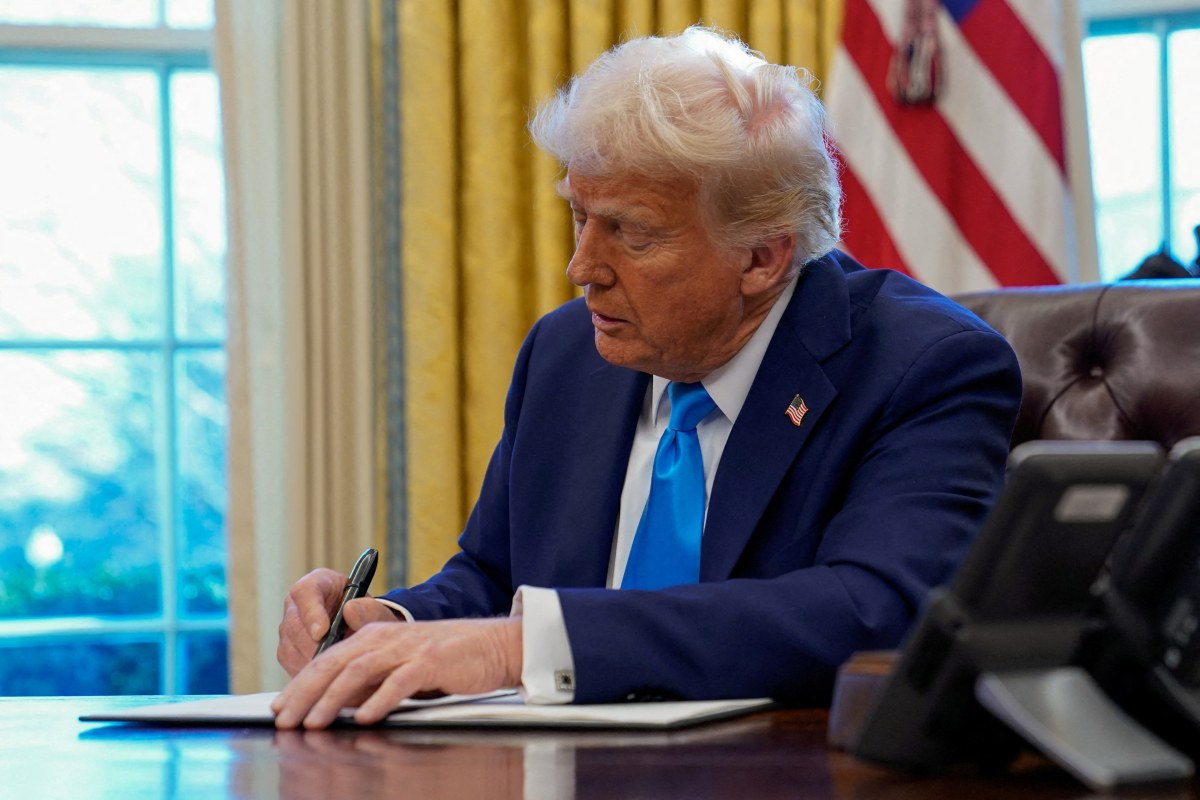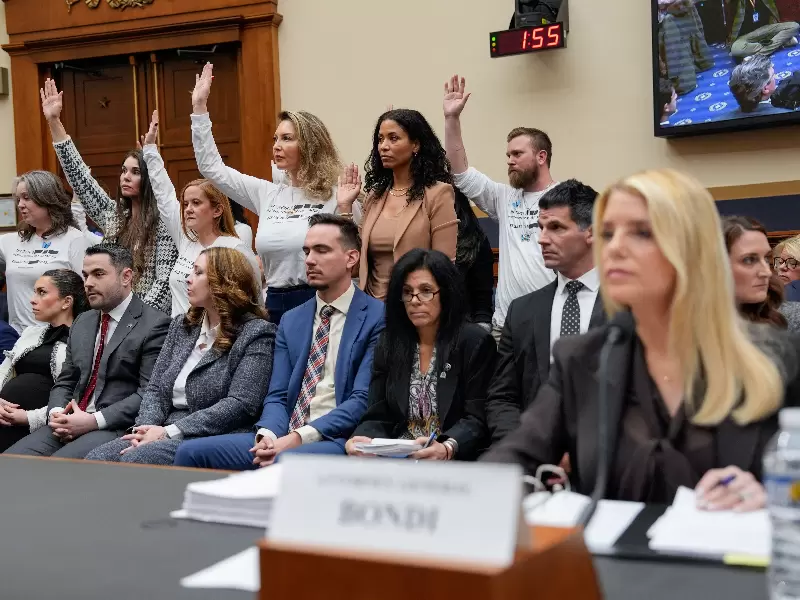Liberals on a roll, clear first of three no-confidence hurdles
The Liberal camp is jubilant as a Conservative MP decided to cross the floor, raising the party strength to 171, two short of a clear majority.
 Canada’s flag. / Pexels
Canada’s flag. / Pexels
The minority Liberal government won the first of its three possible no-confidence votes on its first budget by turning down an amendment proposed by opposition Conservatives to cut public spending.
The amendment was defeated 198-139, with the New Democrats and the Bloc Québécois voting against it.
The challenge is still not over. Prime Minister Mark Carney’s caucus is likely not breathing a sigh of relief just yet. It will relaxonly after the budget has been approved by the House.
As Liberals survived the first acid test, their camp was jubilant, as one of the Conservative MPs had already announced his decision to cross the floor and join the Liberal caucus. This raises the Liberals' strength to 171, just two short of a clear majority.
After the no-confidence vote, the interim NDP leader, Don Davis, said that he and the six other New Democrats have not decided how they’ll vote going forward—and the government is still two votes shy of what it needs to pass the budget on its own.
“We had a discussion about the vote today, and we decided we are going to vote no today, and we will have a discussion tomorrow about the Bloc motion,” Davies said.
“The Conservatives want massive cuts to public spending. That’s exactly the opposite direction that New Democrats think we need to go in,” interim NDP leader Don Davies said Thursday afternoon before the vote.
Government House leader Steven MacKinnon’s office said the votes are being considered matters of confidence because both amendments call on MPs to reject the budget.
If the government loses Friday’s vote —or the main vote on the budget itself —it will have lost the House's confidence, which could trigger an election.
The main vote on the budget will happen after Parliament takes a weeklong break next week.
Liberal MP Sean Casey told reporters that despite all the posturing this week, he thinks the House will find a way to pass the budget.
“People recognise deep down that they will be punished for forcing a Christmas election,” he said.
Finance Minister François-Philippe Champagne told reporters he has heard from Canadians this week who are happy with the budget.
“I would invite any member of the opposition to go in the street, talk to people, and you’ll see what they tell you,” he said.
The Bloc had a highly unusual opportunity on Wednesday to propose the main amendment to the budget—after Conservative Leader Pierre Poilievre missed his chance.
Traditionally, the Official Opposition leader amends the budget after their speech to the House of Commons. The third party then has a chance to add a sub-amendment.
Poilievre finished his speech without moving an amendment, and the Bloc jumped in to add its own, which calls on MPs to reject the budget because it is “harmful to Quebec.”
The Tory sub-amendment, added on Thursday, also calls on MPs to reject the budget on the basis that the government did not present “an affordable budget so Canadians can have an affordable life.”
Poilievre’s procedural mix-up means little to the budget's overall fate or to the government's. Davies said it “speaks to the disarray in the Conservative party right now.”
Parliament Hill has been buzzing with rumours and speculation after Nova Scotia MP Chris d’Entremont left the Conservative caucus on Tuesday, just hours after the budget was released, and joined the Liberals.
The move puts the government within two seats of a majority, and the Liberals are reportedly trying to woo more opposition MPs.
Alberta Conservative MP Matt Jeneroux’s office released a statement yesterday saying he was not planning to cross the floor. Quebec MP Dominique Vien released a video in which she addressed the rumours and reaffirmed that she remains a Conservative Party of Canada MP.
Quebec MP Gérard Deltell told reporters in Quebec City on Thursday that d’Entremont’s departure was an isolated event.
“There won’t be any other departures; that’s the reality, whether it’s in Quebec or elsewhere,” he said after an event where Poilievre delivered a speech.
His caucus colleague Jacques Gourde seemed less certain, however. He told reporters he doesn’t think any more MPs will leave, but he “can’t guarantee anything”.
ADVERTISEMENT
ADVERTISEMENT
E Paper
Video




 Prabhjot Paul Singh
Prabhjot Paul Singh




.JPG)








Comments
Start the conversation
Become a member of New India Abroad to start commenting.
Sign Up Now
Already have an account? Login